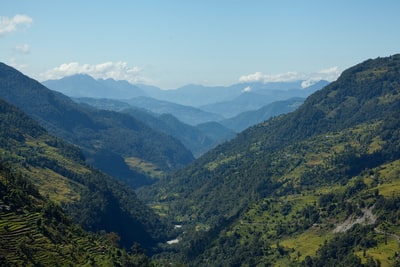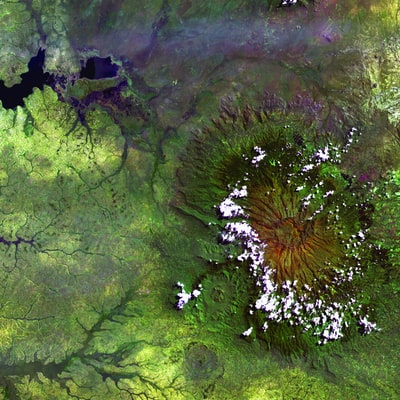
Whether or not mankind is responsible for global warming, most scientists do concede that the planet is warming up and this will have a detrimental impact on us all. If the ice caps melt, sea levels will rise, flooding low-lying land. If less rain falls, crops will fail, leading to possible starvation and civil unrest. A huge number of animal species are also at risk, with unforeseeable knock-on effects.
Although most scientists agree that the world climate is increasing, there is uncertainty as to how this will affect the UK. Some scientists believe our summers will be hotter and dryer, but some believe that if the Arctic ice cap melts, the resultant cold water would ‘stop’ the gulf stream, making our winters harsher. Some scientists say rising seas levels will flood low-lying areas.
Even if global warming has little direct impact on the UK, the indirect consequences will be felt by all. If there is widespread crop failure, flooding and a shortage of sea water in the developing world, the impact on society as a whole will be profound.
The possibility of global climate change requires a response locally, nationally and from the international community. Find out about reducing carbon emission, carbon credit and the Kyoto Protocol.
What can be done to prevent global warming? Most politicians now agree that global warming is a reality, and we must cut carbon emissions from power stations, cars, and even from the methane expelled by livestock bred for meat and dairy products. Now governments across the world are beginning to address the problem.
In 1997, most countries agreed to work together to combat global warming by reducing carbon emissions. The agreement took place in Kyoto, Japan, so the agreement is known as the Kyoto Protocol.
The protocol entered into force in 2005 and 191 world states have so far signed the agreement. However, to date the United States, by far the largest emitter of carbon monoxide, has not signed the agreement.
The Kyoto Protocol and the international response has been criticised both by environmentalists, who say much more needs to be done, and by climate change deniers, who believe the new legislation places an unnecessary burden on the economy.
What are we doing here in the UK?
The UK is one of the founder signatories to the Kyoto Protocol. The difficulty for any government hoping to combat global warming is that the measures are costly and even if “successful” the benefits may never be apparent.
Partly because of a sceptical media, many members of the public are cynical about measures such as “green taxes” and congestion charges, seeing them as just another way of getting money from the taxpayer.
However, helping to combat climate change is everyone’s responsibility. We can all do our bit, for example by recycling, making our homes more efficient, switching off electrical devices when not in use, and flying less frequently.
